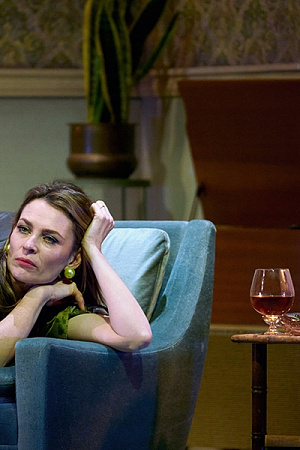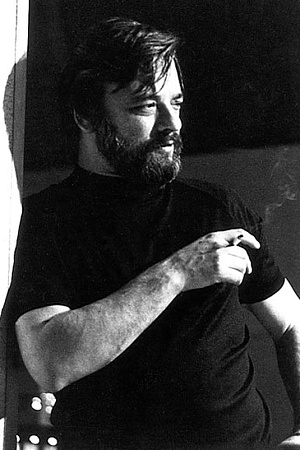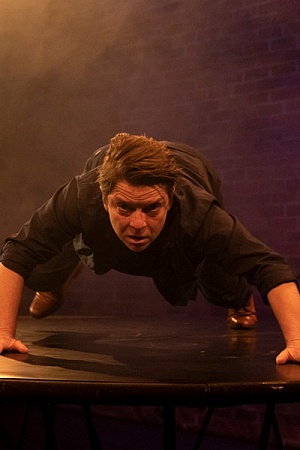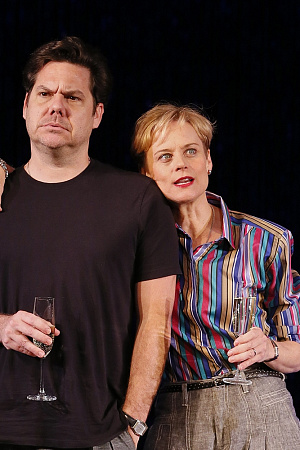Little Emperors (Malthouse Theatre) ★★
It is often described as the world’s largest social experiment, whatever that means. In 1979, to curb the baby boom that followed the Cultural Revolution, the Chinese government officially adopted a one-child policy. Thirty-six-years later, in late 2015, this severe program, which allowed very few exceptions, transitioned into a more flexible two-child policy. The Chinese government is even offering to pay for the removal of the contraceptive implants which millions of women were required to instal after their first child.
One unintended consequence of this is that China now has a generation of so-called Little Emperors, siblingless children who have been excessively doted on by their parents and grandparents. This spoilt cohort, so the theory goes, is characterised by its selfishness and anti-social behaviour. And so, as part of the Asia TOPA festival, the Malthouse Theatre presents Little Emperors, a collaboration between Australian playwright Lachlan Philpott and Chinese director Wang Chong.
Continue reading for only $10 per month. Subscribe and gain full access to Australian Book Review. Already a subscriber? Sign in. If you need assistance, feel free to contact us.











Leave a comment
If you are an ABR subscriber, you will need to sign in to post a comment.
If you have forgotten your sign in details, or if you receive an error message when trying to submit your comment, please email your comment (and the name of the article to which it relates) to ABR Comments. We will review your comment and, subject to approval, we will post it under your name.
Please note that all comments must be approved by ABR and comply with our Terms & Conditions.